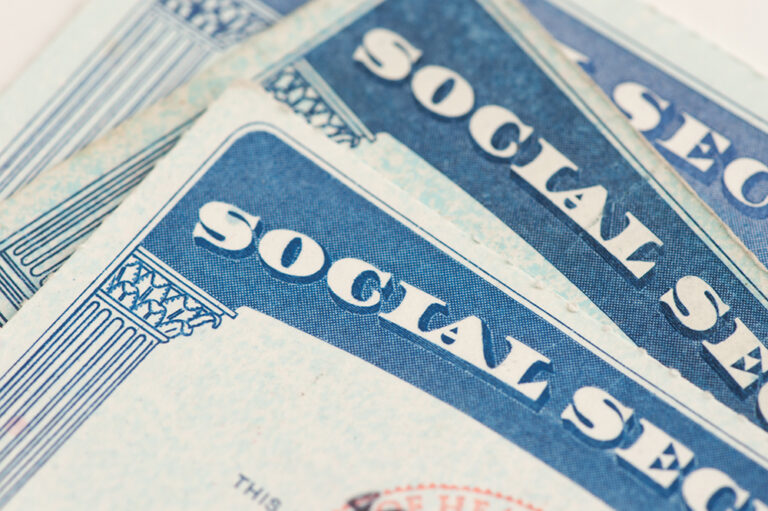The Congressional Budget Office (CBO) released its assessment of the macroeconomic effects of the One Big Beautiful Bill Act (OBBBA) as passed by the House of Representatives. CBO’s analysis joins other independent research organizations in finding that the bill would add trillions of dollars to the national debt and generate deficits that would reach unprecedented levels.
That significant fiscal impact holds true even when including the economic effects of the legislation. In fact, most independent analysts project that the dynamic effects would actually further increase deficits above levels indicated by conventional scoring. The small, positive fiscal impact from slightly higher economic growth is projected to be more than offset by increased federal interest costs caused by higher interest rates due to the greater level of borrowing under the bill.
Several organizations — including CBO, Penn Wharton Budget Model, Tax Foundation, Tax Policy Center, and the Budget Lab at Yale — have evaluated OBBBA and found that it would have little effect on economic growth and certainly not enough to fully offset the fiscal costs of the legislation. In addition to limited growth effects, CBO highlights that the increased borrowing as a result of OBBBA is projected to lead to an increase in interest rates. CBO estimates that the interest rates on 10-year Treasury notes would be on average 14 basis points higher than under current law from 2025 to 2034. As a result of these higher rates, in four of the five models, the greater interest costs caused by the bill more than offset the fiscal savings generated by the higher economic growth. Thus, in addition to the conventionally scored increases to the debt, the dynamic scoring of these four analyses project further increases to the debt. The increases in interest rates would also negatively affect the economy.
The House version of the OBBBA would add trillions in debt to America’s already unsustainable fiscal outlook. Independent scorekeepers agree that the bill will not pay for itself, even after accounting for its economic effects. Analyses cited find that debt could reach between $51.8 trillion and $56.7 trillion by the end of 2034.
We are currently on a path to adding $21 trillion to the national debt by the end of 2034. Ideally, budget reconciliation should be used to improve our fiscal path, but at the very least lawmakers should “do no fiscal harm.” As the bill is considered further in the House and Senate, lawmakers have many policy options to improve the bill from a fiscal standpoint and put the country on a more sustainable fiscal path.
Photo by Spencer Platt/Getty Images
Further Reading
Should We Eliminate the Social Security Tax Cap?
There have been a number of proposals to increase, eliminate, or otherwise adjust the payroll tax cap as a way to shore up Social Security’s finances.
No Taxes on Tips Will Drive Deficits Higher
Here’s how this new, temporary deduction will affect federal revenues, budget deficits, and tax equity.
Three Reasons Why Assuming Sustained 3% Growth is a Budget Gimmick
GDP growth of 3 percent is significantly higher than independent, nonpartisan estimates and historically difficult to achieve.


